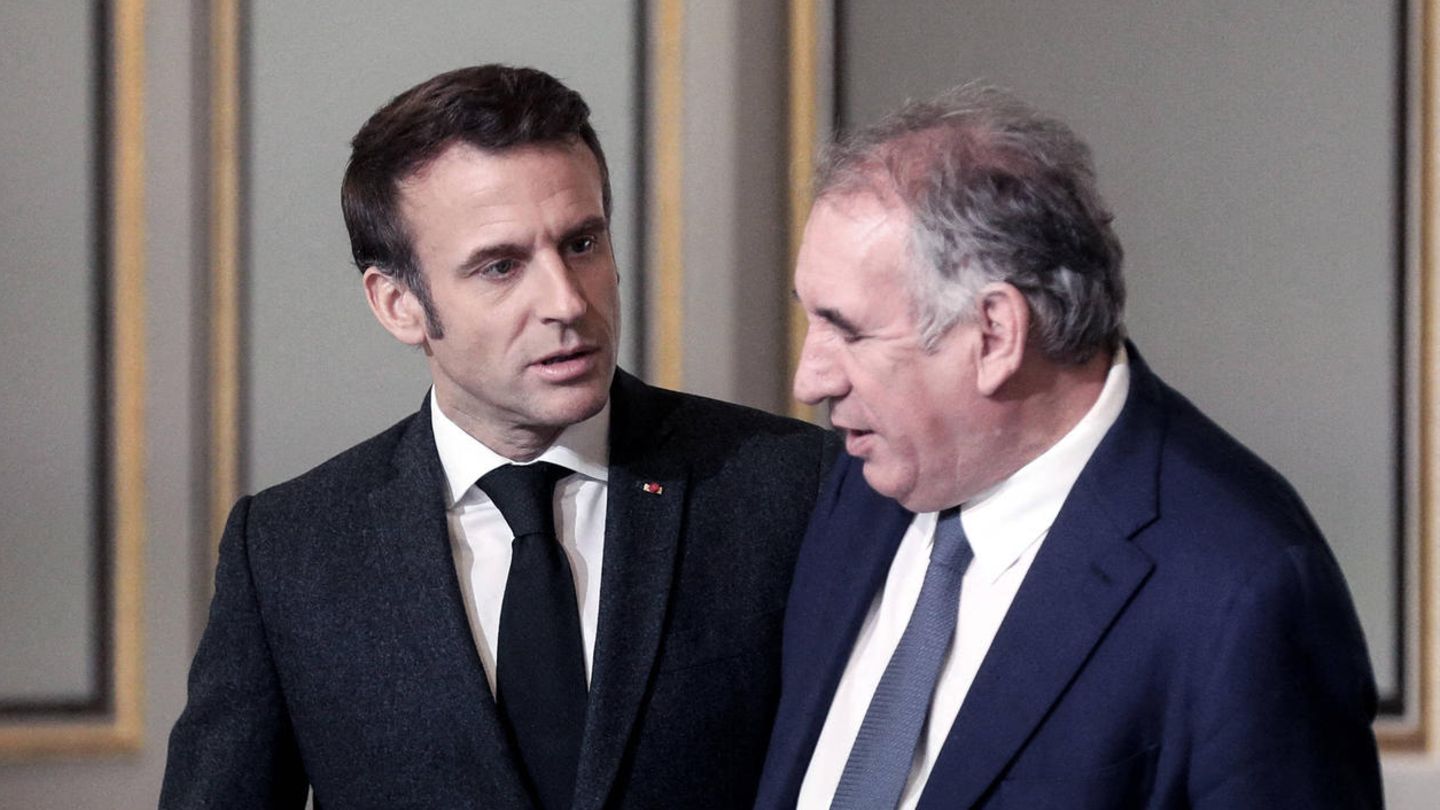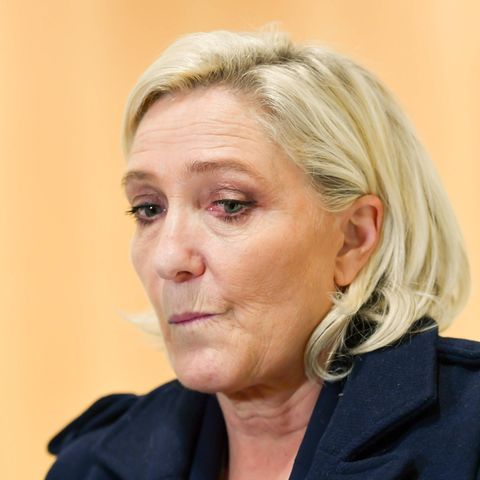Francois Bayrou
Will it end France’s political crisis? Macron appoints new prime minister
Copy the current link
Just over a week after the fall of the government, head of state Emmanuel Macron appointed centrist politician François Bayrou as prime minister. He has a big task ahead of him.
After the fall of the center-right government in France, head of state Emmanuel Macron appointed centrist politician François Bayrou as prime minister. This was announced by the Élysée Palace.
Bayrou, whose MoDem party cooperates with Macron’s renaissance, has long been considered a close confidant of the president. The 73-year-old mayor of the southern French city of Pau is valued by the conservatives. The Greens and Socialists, on the other hand, had spoken out several times against Macron’s confidant, who, in their view, would not bring a new beginning, but rather a continuation of previous policies.
Will the Prime Minister get a majority in Parliament?
It is therefore uncertain whether Bayrou will be able to form a majority capable of governing. The Socialists had shown themselves open to tolerating a centrist government. However, it is extremely questionable whether there will be support from the left camp for a prime minister who was explicitly rejected.
Last Thursday, Michel Barnier submitted his resignation as Prime Minister. The members of the National Assembly brought down him and his cabinet with a vote of no confidence.
Macron, who is himself under pressure due to the fall of the government, is daring to flee forward with the nomination. In view of the political crisis, there were calls for him to resign from the ranks of the opposition. Marine Le Pen’s right-wing nationalists are also aiming for an early presidential election. Macron is officially in office until 2027. After two terms in office, he cannot run again. The right-wing nationals, whose candidate Le Pen lost twice in the runoff against Macron, want to follow the Liberals in the Elysée Palace.
France’s government should not depend on Le Pen again
What exactly the new government will look like is still unclear. Neither the left-wing camp nor Macron’s center forces nor the right-wing nationalists and their allies have their own majority in the National Assembly. It is expected that the conservatives and parts of the left-wing camp have promised Macron at least a toleration of the new prime minister. If there were toleration instead of a broad coalition, the government would not have its own majority and would be correspondingly fragile.
In addition to a minimum level of stability, the parties’ agreement is primarily about ensuring that the new government does not depend on Le Pen’s right-wing nationalists, like Barnier’s previous minority government. His center-right cabinet didn’t even last three months until the opposition made up of left-wing forces and right-wing nationalists toppled it through an unusual alliance.
With the quick appointment just a week after the fall of the government, Macron also wants to prevent France from falling even deeper into the political crisis and economic difficulties. The country has to save because of its excessive new debt. However, Barnier’s government failed to meet its planned austerity budget for the coming year. The rapid step should also be a certain relief for France’s international partners, as it brings with it the hope that there will be no threat of weeks of standstill due to exploratory talks and reorganization.
Note: This article has been updated.
DPA
km
Source: Stern
I have been working in the news industry for over 6 years, first as a reporter and now as an editor. I have covered politics extensively, and my work has appeared in major newspapers and online news outlets around the world. In addition to my writing, I also contribute regularly to 24 Hours World.





